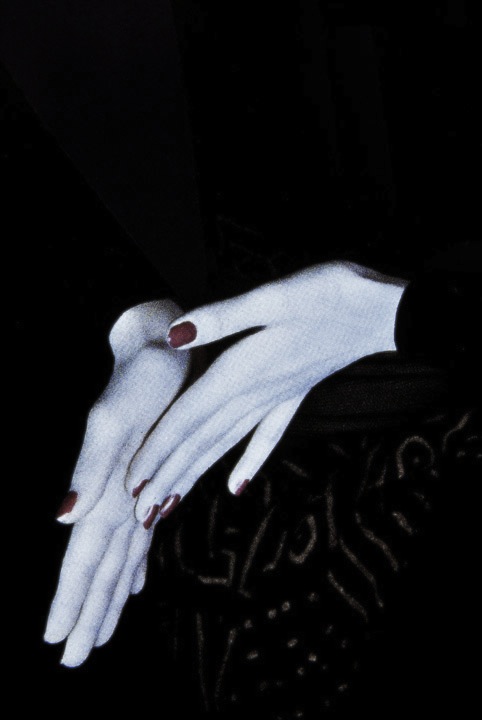
One of the first things I noticed when I first arrived back in England, standing in my parents’ garden in the early morning light, my mother’s great love and a place just overflowing with flowers, trees, and plants – was that roses really smell like roses.
While the place I am lucky enough to live in here in Japan, Kamakura, is certainly not devoid of smell stimulations – osmanthus, jasmine, wisteria in particular can be especially hypnotic when blossoming in spring and autumn; the plum blossom and narcissi at the end of winter piercing and heartrending; the gentle, pale pink drifts of sakura cherry flowers the very quintessence of Japanese beauty, at the same time, that most English of flowers – the rose, while grown here in many houses’ gardens here, is unscented.
I will often see a stunning looking rose on a stem here on my way home and lean down to smell it, but usually there is nothing, or merely a hint of a very faint, overcultivated rosiness, almost as if, just as with the cruel mastery of the bonsai, the roses have been deliberately bred to have no scent. As with much in Japanese society, the visual and the conceptual always supercede the olfactory. It is the correctness of the rose that counts, not its fragrance.
Admittedly, when grown in profusion – in the sea-front rose gardens of Yamashita park in Yokohama, for example, when the breeze blows from the city or the sea across the heads of the flower tops, standing afar you may then catch a glimpse of true rose perfume and remember what the flowers do smell like, but this is still nothing like the wilder and thornier, raspberry-gleaned beauty of the ragged-edged sturdiness of the roses I encountered in my garden back home which were actually replete, and lush, with the full-bodied, emotionally irresistible scent of full blown roses in English summertime – a smell that almost seems, to me, to contain the entirety of life itself, a secret just waiting to be unlocked.

The majority of recent rose perfumes, in my view, have been terrible. Either the perfectedly commercial, synthetic sweetnesses I intuitively reject for their ‘wedding day’ primness and banal and ugly sexual conservatism; the hystericality of all the metallic, purity-pinkness that I always abhor; or else over-egged wood and oudh puddings pillaged in slavery and patchouli. Unable to breathe, or bloom. Thick set. The rose essences struggling. Dead.

Rose Parfum, by contrast, a very pleasing new release by Roja Dove, seems to have instinctively realized these concerns of the true rose fancier, flowering off in a totally different direction to the majority of contemporary roses, both veering in a saporously classical direction, while simultaneously revivifying the note into something fresh and new. I really like it. Unfolding, this perfume comes across like a slightly bitter green hybrid of Nahéma and Nº19; the peach-soft down rose of the former contraposed against the verdurous iris galbanum of the latter, a dew velvet poise that took me immediately by surprise ( I had forgotten that new perfumes can still actually smell beautiful ) and which drew me to immediately wear the perfume on my first few days back in England. It was perfect for long train rides and staring out of the windows on green fields and old memories.
While certainly not as magical as either of those ultra- classic perfumes (which I consider to have achieved perfection in the art of perfumery), Rose Parfum nevertheless also has a more distinctly English quality to it than its more languorous French counterparts. Though it may lack the typically suffusive Parisian powderiness and musk, it also has a certain crispness and briskness, a sense-lifting pleasure, a brightness, like rose buds themselves when they flower in the bud-green mote beams of dawn. And though the perfume’s dry down might not have been quite as well developed as the opening, veering into a slightly pot pourri sourness, on my skin at least, at the same time, neither did this truly ever irritate. I wore it comfortably, all through the day , and if you are a rose lover ( I had forgotten, almost, that I am), I most definitely would recommend it.



















